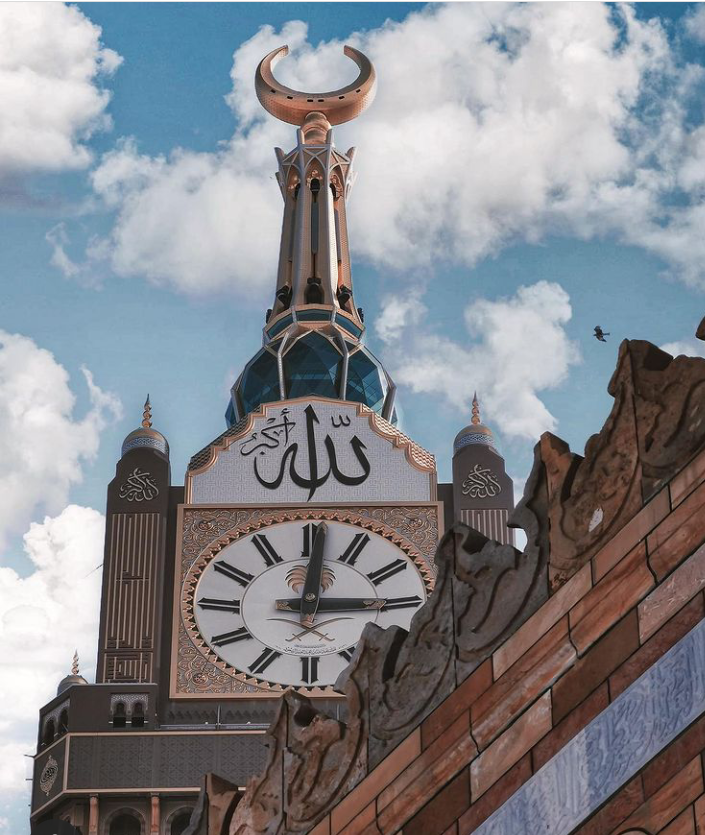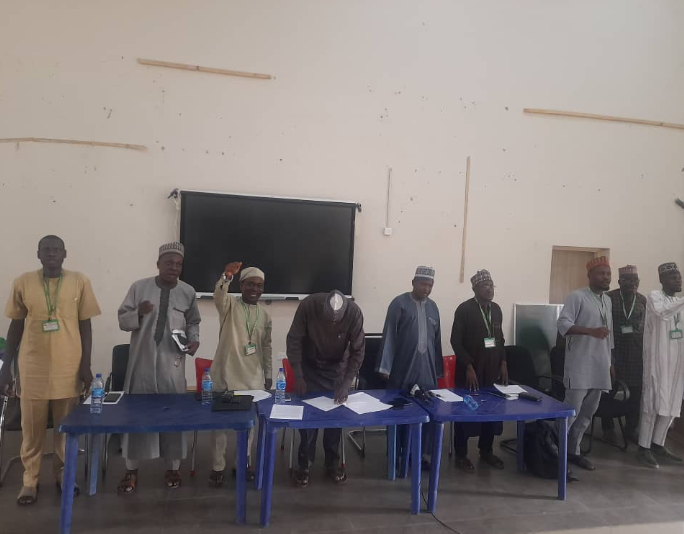I was in Briniwa—a local government in Jigawa State—on Tuesday evening at sun set. This was when the Muslims who started Ramadan on Tuesday were breaking their fast. Suddenly I saw a mustered group of people at a spot. Initially I was fear stricken being a Nigerian in Nigeria as many evil thoughts crossed my heart: what is happening again? Have they caught a thief? Are people fighting? Is it a case of rape? Is it a fierce debate of Nigeria being a failed state or not? Is it about Dangote and Abdulsamad recent sugar’s tussle? I was inundated, like avalanche, with all sorts of negative thoughts. Please pardon this pessimism: we are conditioned to think negatively when scene like this is witnessed. We are always on the alert to receive bad news due to the ubiquitousness of insecurity in the Country.
Indisputably, this is the recent trend of breaking news in our dear country (Nigeria). Should it be construed as a sign of end times or a manifestation of bad governance? This depends on the school of thought you belong—anti government, pro-government or apolitical. Put differently, your position, being in government or out of government, will influence your choice of explanation of the unprecedentedly overwhelming insecurity in Nigeria.
Fortuitously, I was wrong. The large group of people I saw were gathered for something important which made me join them in what they were doing—though I observed COVID 19 protocols. What was that? It was the appearance of the Ramadan Crescent. It was so tiny that not everyone was able to sight it. I was able to sight it, fortunately, perhaps due to my smallish nature and my smallish eyeballs which I considered a reason why I was able to easily sight the crescent since it was very tiny too. This might not be scientific though, the point is: largeness of the eyeballs does not determine the ability to sight a new-born crescent.
The debate that ensued is if the Tuesday’s crescent which I (and others) sighted in Briniwa is to be counted as the first or the second day of Ramadan. That is to say: is our fasting on Tuesday—for those of us who fasted—actually in the first day of Ramadan or the last day of Sha’baan? Only Allah knows. Really, the crescent was so tiny that one would think it was its first appearance. Nevertheless, the Sultan announced the commencement of Ramadan on Tuesday on the basis that the crescent had been sighted in the previous night. This is also a possibility as we do not expect the Sultan to lie on this all important annual act of worship which is celestially determined.
For those of us who followed the Sultan by commencing fasting on Tuesday, I think we are right. This is premised on Allah’s injunction that we should obey those in authority which the Sultan personifies (Q4:59)—as long as we cannot factually establish any wilful manipulation which some had claimed and are claiming. And for those who chose to make Wednesday their first day of Ramadan, I strongly believe they are entitled to their position provided it is based on conviction; not stubborn addiction to follow their whims and caprices. The most important thing is that we should all endeavour to achieve the objective of fasting at the end—which is to fear Allah and be conscious of Him. It is only when we are all conscious of Allah that we can live in peace and sleep with our two eyes closed.
It should be noted that any attempt to make all Muslims to commence fasting on the same day globally will be as futile as futility. It has always been so since the first century of Hijra (Muslims migration to Madinah) and it will most likely continue till end times. This is as a result of geographical disparities whereby by people witness day and night differently; and also due to absence of mutual trust between the leaders and the led.
This said, it is important to note that Islam is the religion of Allah. Hence, all our religious rites in Islam are heavenly guided. The Qur’an itself—the Muslims Constitution—was revealed from the heaven. Probably it has not occurred to you that the rites that are associated with all the five pillars of Islam are celestially determined. The first pillar: to bear testimony that there is no god worthy of worship except Allah is an affirmation that Allah is in heaven on His throne of Majesty. Five daily prayers are determined by heavenly bodies: sun, dawn, twilight and so on. Zakat is also determined by twelve lunar cycles. Ramadan is well known; it is determined by the appearance of the crescent. Pilgrimage is also determined celestially. You await the appearance of 12th crescent of the year (Dhul-Hijjah) to know when to start the rites of pilgrimage. Religious rites in Islam is not something that theologians, scholars or clerics would sit together to determine by means of consensus like in other religions.
Knowing this, for every Muslim, should be a source of joy that Islam is truly a religion that originated from Allah—not a fabricated religion. There is this concern by some non-Muslims who baffle at the unfixedness (date wise) of festivals and times for prayers in Islam. For instance, no Muslim can say with absolute certitude that the end of Ramadan festival (‘Idul Fitr) will fall on Wednesday. Also, no one can cocksurely say when the next ‘Idul Adha will be celebrated. We need to, and must, await Allah’s instruction from the seventh heaven to communicate to use. Allah tells us the times for prayers and the days for festivals (from time to time) through those celestial bodies—the astronomical objects.
To make this explanation more lucid, take the United Kingdom which time is similar to Nigeria’s time for example. Right now in London, they observe Fajr—early morning prayer—by 3:40am and Maghrib by 8:00pm. But here in Nigeria (Lagos), right now, Fajr is observed 5:30am and Maghrib 6:55pm. These time differences go for other prayers of the day. This implies that the londoners observe Ramadan fasting for roughly 16 hours 20 minutes; while for the Lagosians, it is roughly 13 hours 25 minutes. Who determines this? The council of ‘ulama (clerics)? The Sultan of Sokoto? The World Muslim League? Nigerian or London Muslims? Saudi Arabia? Sheikh Sudais or Shuraim? No. No. No. It is Allah who determines this through those celestial natural objects—sun, moon, down, twilight, etc.
Back to the assertion I made above (sixth paragraph), fasting in Islam cannot be globally synchronized. This should not be seen as a division among Muslims. It is normal; and a manifestation of our submissiveness to Allah who determines for every territory inhabited by Muslims when their prayer times are, and when to commence fasting in the Month of Ramadan.
As we urge people to be Muslims, those who are Muslims already should be proud of their religion and always be grateful to Allah who guides them to the right path. Only a Muslim who keeps a distance from learning about his religion becomes doubtful and falls prey to devilish whispering. But for a Muslim whose search for Islamic knowledge is unceasingly ongoing, it is hoped that his conviction that Islam is the religion of Allah and from Allah will remain stronger.
Anyway, we ask You O Allah (our Lord), let not our hearts deviate (from the truth) after You have guided us, and grant us mercy from Yourself. Indeed, You are the Bestower.
Abdulkadir Salaudeen
Salahuddeenabdulkadir@gmail.com



